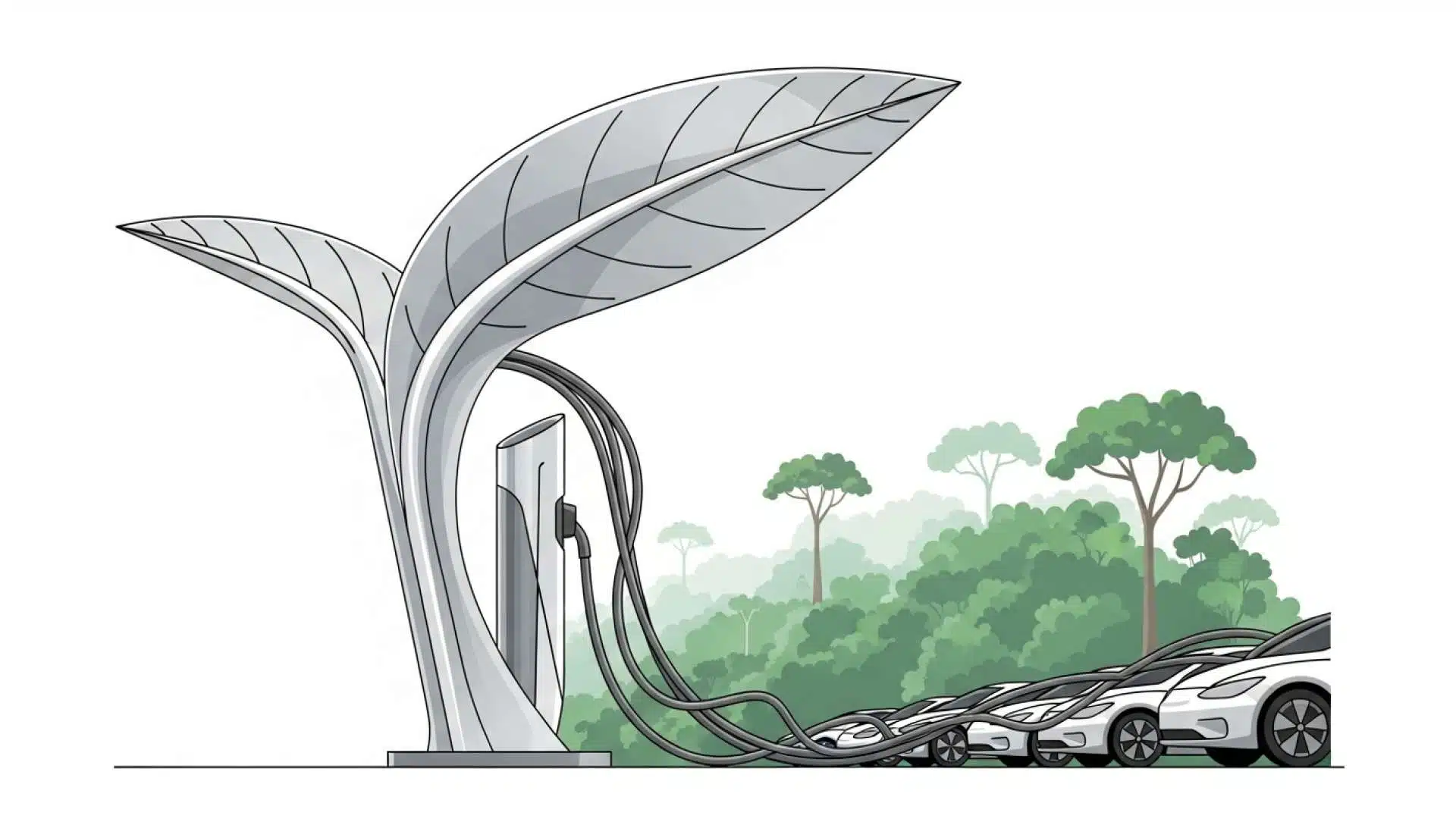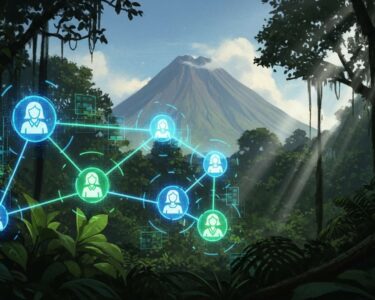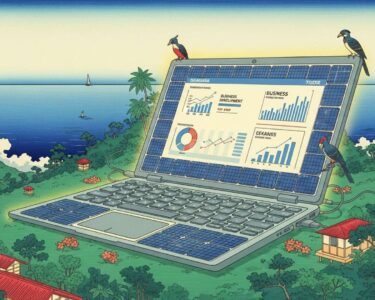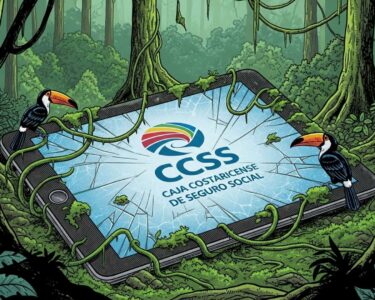San José, Costa Rica — Despite a high satisfaction rate among electric vehicle (EV) owners in Costa Rica, a new global survey reveals a significant concern: range anxiety. A whopping 94% of Costa Rican respondents reported that planning a trip in their EV requires more forethought compared to a gasoline-powered car, exceeding the global average of 75%.
The survey, conducted by the Global EV Alliance, polled over 23,000 EV owners across 18 countries, including 328 participants in Costa Rica. While 87% of local respondents expressed high satisfaction with their EVs and 90% stated they would purchase another, the anxiety surrounding charging infrastructure remains a substantial barrier to wider EV adoption.
To understand the legal landscape surrounding the burgeoning electric vehicle market in Costa Rica, TicosLand.com spoke with Lic. Larry Hans Arroyo Vargas, an attorney at Bufete de Costa Rica, who offered valuable insights into the current regulations and potential challenges.
The increasing popularity of electric vehicles in Costa Rica presents exciting opportunities but also necessitates a proactive approach to legal adaptation. Areas ripe for review include charging infrastructure regulations, consumer protection concerning battery life and warranties, and the long-term impact on the energy grid. Furthermore, aligning tax incentives with environmental goals will be crucial for sustained growth in this sector.
Lic. Larry Hans Arroyo Vargas, Attorney at Law, Bufete de Costa Rica
Lic. Arroyo Vargas rightly highlights the multifaceted legal and infrastructural considerations that accompany the electric vehicle revolution. His emphasis on proactive adaptation, particularly regarding consumer protection and grid stability, is crucial for ensuring that this transition benefits all Costa Ricans. We thank Lic. Larry Hans Arroyo Vargas for offering his valuable perspective on this evolving landscape.
Two key issues emerged as primary concerns for Costa Rican EV drivers: the limited availability of fast chargers and the unreliability of existing charging stations. These anxieties place Costa Rica third globally in terms of range anxiety, trailing only India and Brazil.
Thirty-three percent of Costa Rican respondents admitted to feeling anxious about their vehicle’s range, fearing they might run out of battery before reaching their destination. This percentage, again, places Costa Rica third behind Brazil and India.
A further 77% of local participants expressed worry about the charging process during a journey, drastically surpassing the global average of 33%. This highlights a significant gap between Costa Rica’s EV charging infrastructure and the needs of its growing EV user base.
The Asociación Costarricense de Movilidad Eléctrica (Asomove) acknowledges these concerns, recognizing that charging time and infrastructure remain key obstacles to greater EV adoption in the country. While Costa Rica has been expanding its charging network, the current 60 charging stations, as reported by the Latin American Energy Organization (Olade), fall short compared to other Latin American countries.
Currently, legislation is under review in the Legislative Assembly to permit private entities to develop, operate, and sell EV charging services. Under current regulations, private businesses can install chargers but are prohibited from charging for electricity, as only authorized distributors can sell energy in Costa Rica. The proposed law would also mandate distributors to establish charging stations every 80 kilometers along national highways and every 120 kilometers on cantonal roads.
Independent legislator Kattia Cambronero is the primary proponent of this bill, which aims to address the charging infrastructure deficit and alleviate the range anxiety experienced by many Costa Rican EV drivers.
For further information, visit asomovecr.org
About Asomove:
Asomove (Asociación Costarricense de Movilidad Eléctrica) is a Costa Rican association dedicated to promoting electric mobility in the country. They advocate for policies and infrastructure development to support the adoption of electric vehicles and work to educate the public about the benefits of sustainable transportation.
For further information, visit olade.org
About OLADE:
The Latin American Energy Organization (OLADE) is an international public body established to promote integration, conservation, rational use, commercialization, and defense of the region’s energy resources. It provides information, analysis, and technical assistance to its member countries.
For further information, contact your local representative
About the Legislative Assembly of Costa Rica:
The Legislative Assembly of Costa Rica is the country’s unicameral national legislature. It is responsible for enacting laws, approving the national budget, and overseeing the executive branch. The Assembly consists of 57 deputies elected by proportional representation.
For further information, visit bufetedecostarica.com
About Bufete de Costa Rica:
At Bufete de Costa Rica, legal excellence is interwoven with a deep commitment to societal betterment. Driven by unwavering integrity, the firm champions innovative legal solutions while actively empowering individuals and communities through accessible legal knowledge. Their dedicated service across diverse sectors reflects not just a pursuit of professional distinction, but a genuine belief in using the law as a tool for positive social impact and a more informed Costa Rica.









